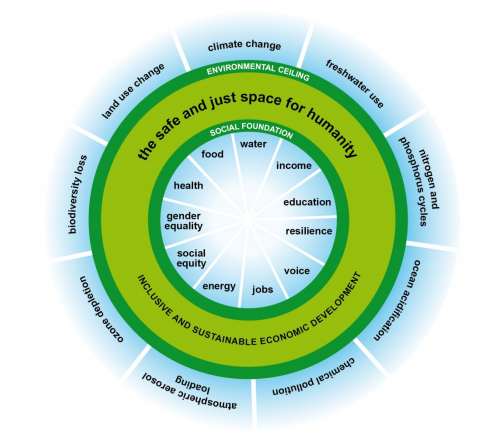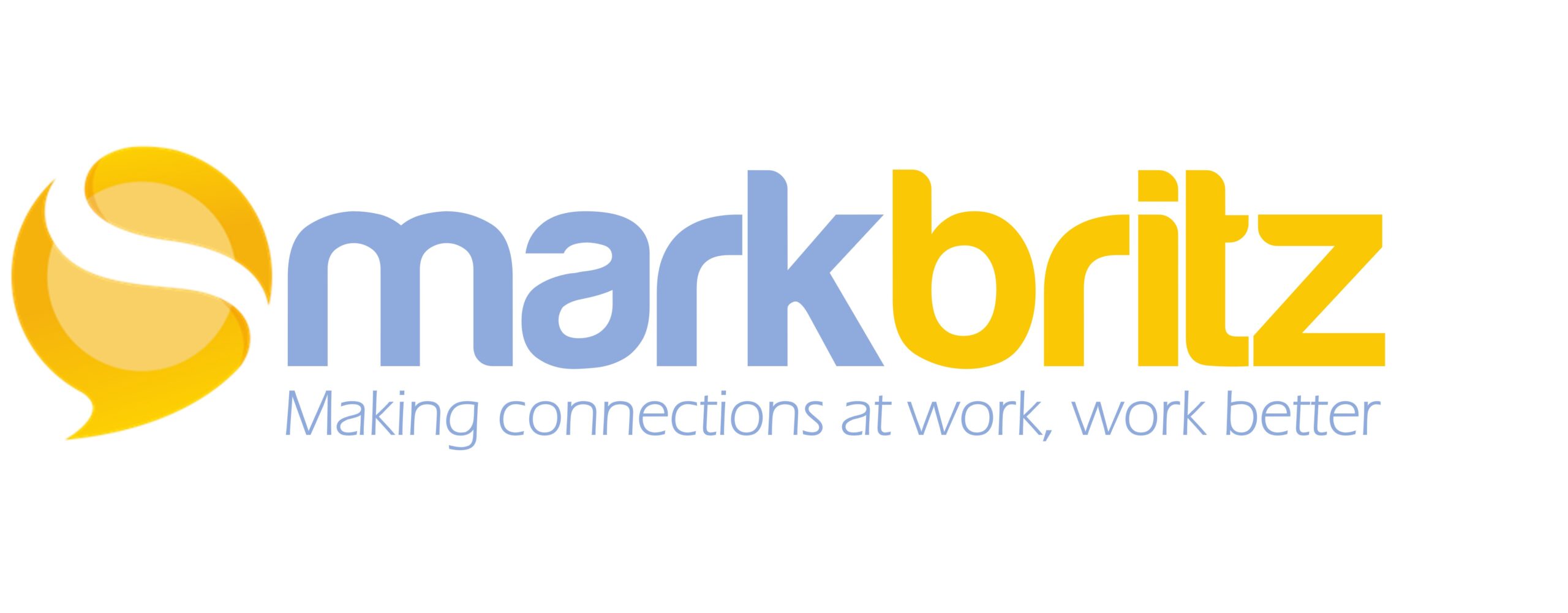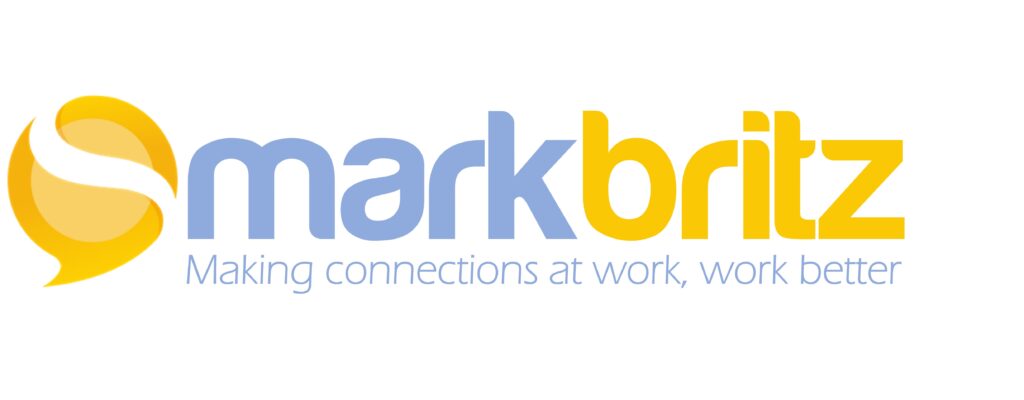Technology has created disruption outside and inside organizations today. Ignoring it as a passing phase leads an organization to the risk of being made obsolete and trying to reverse the trends, to fight the momentum is futile, the walls have been breached. But this complexity that’s transforming business isn’t the only one and frankly isn’t the most disruptive. The very platform all organizations and organisms are on is being disrupted; Climate change – a passing phase? Reverse the trends? Is it too late?
I recently sat in a presentation on global sustainability where this graphic and the details of a scientific study were shared.

The graphic, a 2D rendering of a 3D model reveals that already 3 of the ecological boundaries that we should not breach… have been breached; climate change, loss of biodiversity, and the altering of the natural nitrogen cycle. Some scientists like James Lovelock have stated that we’re past the tipping point. There is no hope. Game over. No going back. If true, there is no time to waste in hoping and praying. Even activities like recycling and lowering greenhouse gas emissions, although beneficial, won’t stop what has begun; climate change is now a self reinforcing loop.
According to Lovelock we must now prepare for, rather than try to prevent, a world of continual and unpredictable change. This is not merely a complex problem it’s a state of perpetual complexity, our new habitat?
Dave Snowden developed the Cynefin framework to help in understanding 4 habitats (Obvious, Complicated, Complex, and Chaotic). In complexity, “the agents and the system constrain one another, especially over time. This means that we cannot forecast or predict what will happen.” Sounds about as right for climate change as it does for disruption in business.
Dave Snowden further points out, that in complexity we only really know what right looks like in hindsight. Therefore to navigate complexity he says we must take a probe-sense-respond approach. Many interpret this as the new business mentality but if our world becomes increasingly unstable it’s a mentality we must all have; Business, Government, workers, and citizen. We must all play collective roles beyond decision-making around ecological choices now and take similar action in observing and reporting thought various channels and networks the change we see happening in order to respond accordingly.
Maybe then all this disruptive technology and the principles it is awakening are coincidentally appearing at the same time we reach the most disruptive time in human history?
- Social technology fueling focused global information sharing (see the work done where Twitter is used to sense earthquakes before seismologists can)
- Trusted networks aid in the open analysis of data and sense-making
- Personal Knowledge Management and Curation become the key skills to be learned
- The 70:20:10 principle guides better decisions in organizational learning in order to remain agile
- Big Data keeps the pulse on more than the business climate
Much of this is happening of course but probably not at the scale it needs to or needs to be shared to become the default skills and approaches. If the stage is set and the new normal is global complexity, then it will now require us to step back, patiently allow the patterns to unfold, and with greater connectivity of people and data I’m optimistic solutions will emerge.

